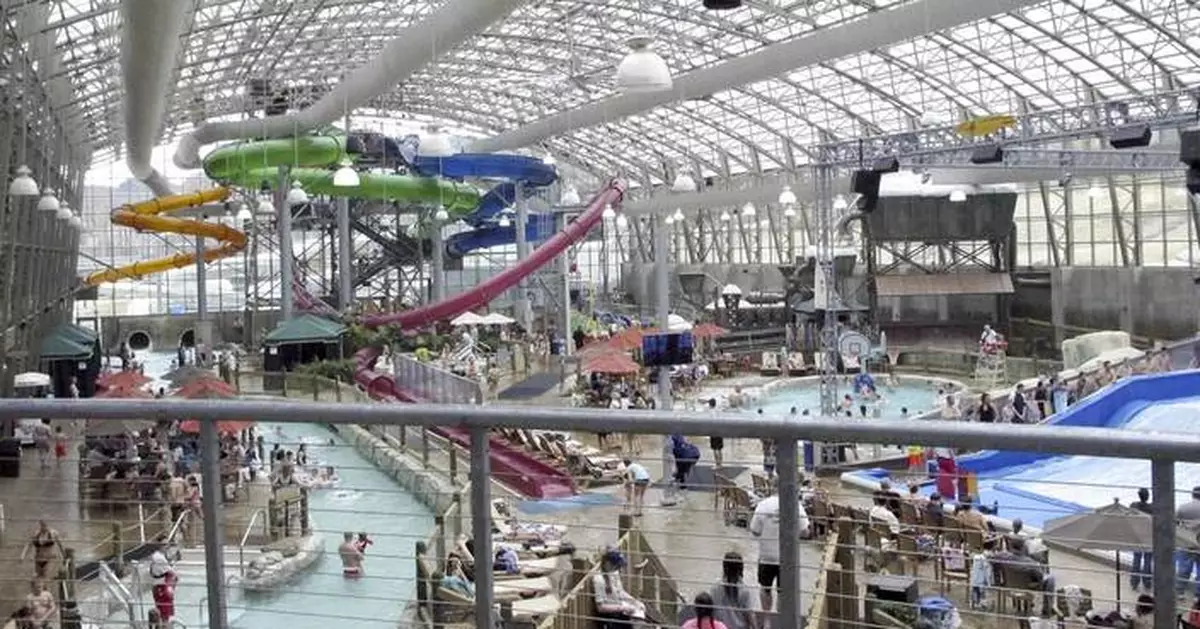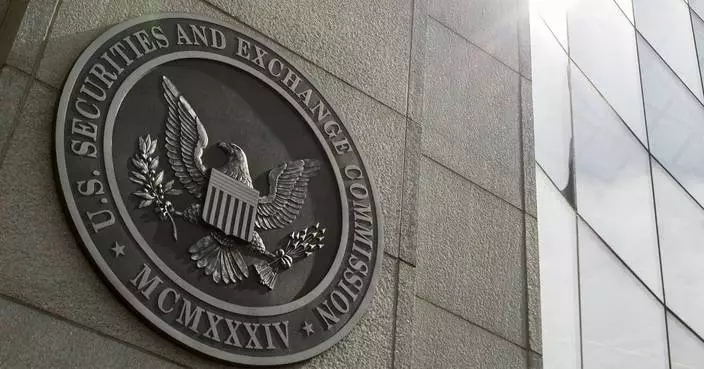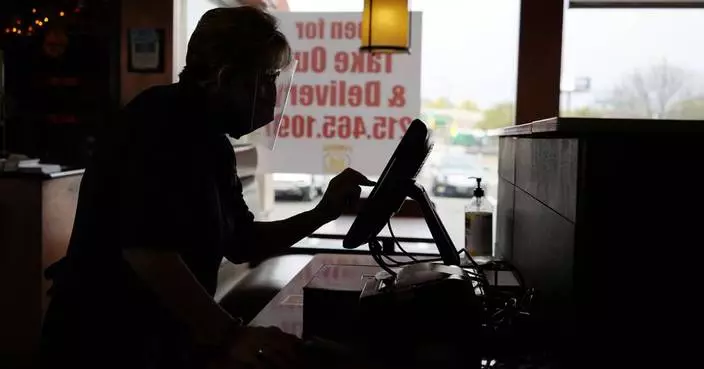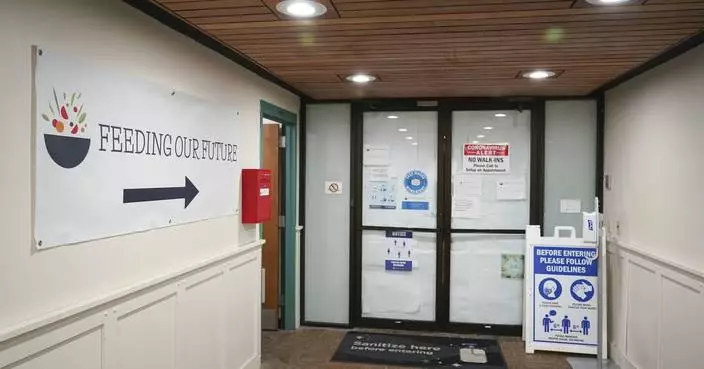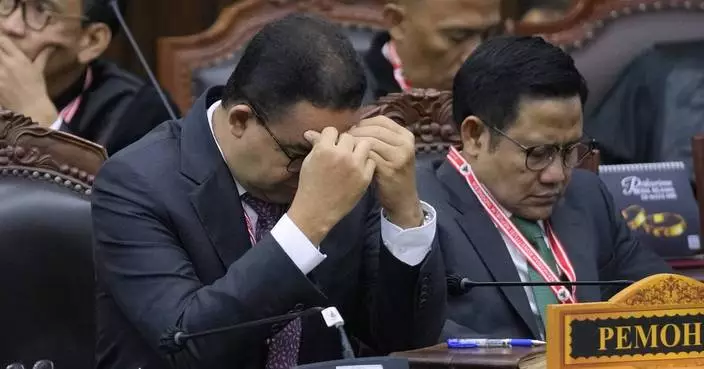The state of Vermont did not provide adequate oversight to prevent the massive fraud that occurred in ski area and other development projects funded by foreign investors' money through a special visa program, a state audit has found.
The financial scandal first revealed in 2016, which became the state's largest fraud case, shook Vermont and the economically depressed region called the Northeast Kingdom.
In 2018, Vermont's former attorney general asked for an audit of the state's involvement in the projects at Jay Peak and Burke resorts to address the loss of trust in state government from the fraud, State Auditor Doug Hoffer wrote in the report released on Thursday. The audit was completed after the legal proceedings concluded, he wrote.
The findings should not be entirely surprising, Hoffer wrote.
“In short, we found a pattern of misplaced trust, unfortunate decision-making, lengthy delays, and missed opportunities to prevent or minimize fraud,” Hoffer wrote.
Ariel Quiros, a Miami businessman and former owner of two Vermont ski resorts, was sentenced in 2022 to five years in prison for his role in a failed plan to build a biotechnology plant in Newport using tens of millions of dollars raised through the EB-5 visa program. Under the program, foreigners invest $500,000 in U.S. a project that creates at least 10 jobs in exchange for a chance to earn permanent U.S. residency. William Stenger, the former president of Jay Peak, and William Kelly, an advisor to Quiros, each got sentences of 18 months.
But the fraud encompassed seven other projects at Jay Peak and Burke resorts.
In 2016, the federal Securities and Exchange Commission and the state of Vermont alleged that Quiros and Stenger took part in a “massive eight-year fraudulent scheme.” The civil allegations involved misusing more than $200 million of about $400 million raised from foreign investors for various ski area developments through the EB-5 visa program “in Ponzi-like fashion.”
In a Ponzi scheme, money provided by new investors is used to pay high returns to early-stage investors to suggest the enterprise is prosperous. The scheme collapses when required redemptions exceed new investments.
Quiros and Stenger settled civil charges with the SEC, with Quiros surrendering more than $80 million in assets, including the two resorts. In the seven projects at Jay Peak and Burke, “construction was done but not always to the specifications or at the costs told to the investors. Significant funds were simply misused,” the report said.
Under the EB-5 program, the federal government designates regional centers to promote economic growth and oversee and monitor sponsored projects, the report states. Most regional centers are privately owned but the Vermont Regional Center was state government-run.
The center, which was the EB-5 office within the Agency of Commerce and Community Development, had competing duties: to market and promote EB-5 projects and to regulate them, the auditor's report states.
"Experts and policymakers have long warned against such arrangements for fear that an agency relied upon to help a project succeed may be reluctant to exercise its regulatory powers. In addition, a marketing office may not have the skill sets needed to properly regulate complex financial arrangements such as EB-5. Unfortunately, this proved all too true at ACCD,” the report states.
Last July, the state of Vermont agreed to pay $16.5 million to settle all pending and potential lawsuits from foreign investors in the development projects.
The United States Citizenship and Immigration Services is still determining the immigration status of the Jay Peak and Burke investors, Goldstein wrote. At least 424 of 564 Jay Peak investors have already received green cards and the state is working to increase the chances that many more do, she wrote.

FILE - The water park at Jay Peak resort in Jay, Vt., April 18, 2016. A state audit has concluded Thursday, March 28, 2024, that Vermont did not provide adequate oversight to prevent the massive fraud that occurred in ski area and other development projects funded by foreign investors' money through a special visa program. (AP Photo/Lisa Rathke, File)
DENVER (AP) — Colorado lawmakers passed a bill Monday to overhaul the state’s lax funeral home oversight, joining a second measure aimed at regulating the industry that passed last week.
Both follow a series of horrific incidents at funeral homes, including sold body parts, fake ashes and the discovery of 190 decaying bodies.
The cases have devastated hundreds of families. Many learned their child's or parent's remains weren't in the ashes they received, but instead decaying sometimes for four years in a bug-infested building oftentimes stacked atop each other.
The case turned a spotlight on the state's funeral home regulations — some of the weakest in the nation.
The bill passed Monday, which would require routine inspections of Colorado funeral homes, will head to Colorado Gov. Jared Polis's desk for a signature after the House considers a minor change by the Senate. The legislation would also give regulators more enforcement power over funerals homes.
The second bill, which is already headed to the governors' desk, would require funeral directors and other industry roles to be licensed. Those qualifications would include background checks, degrees in mortuary science, passage of a national examination and work experience.
For Crystina Page, the proposed regulations arrived late. After her son, David Page, was shot and killed by law-enforcement in 2019, she hired Return to Nature to cremate his remains. For four years she carried the urn she thought held his ashes. Then she learned it wasn't her son's remains.
“It hits me really hard that these people dumped my sons body out of a body bag... where rats and maggots ate his body for four years,” said Page, who now organizes a support group with victims.
"It just becomes something I have to wake with every day," she said.
Page said the bills are a step in the right direction. Still, she's hoping that regulatory agencies will require more rigorous tracking of a body from funeral home to crematory and back.
“I want every person through this process to know ‘This is David Page,’ all the way through," she said.
The bills are a dramatic update in a state that didn't require funeral directors to graduate high school, let alone get a degree. And the funeral home industry is generally on board.
“We as Colorado cannot be the laughing stock anymore as the only unlicensed funeral state,” said Joe Walsh, president of the Colorado Funeral Directors Association.
Walsh said that a majority their members wanted licensure, and that the rules are a good step in bringing Colorado in line with the rest of the country.
Some in the industry have raised concerns that the requirements to become a funeral director are unnecessary and onerous, since the role is more akin to an event coordinator.
The owners of Return to Nature Funeral home, where the 190 decomposing bodies were found, have been arrested and face hundreds of charges, including abuse of a corpse.
The number of bodies in a facility about two hours south of Denver rose over four years, with some dating back to 2019. But concerns were raised in 2020, three years before the morbid discovery.
A county coroner had reported suspicions about the poor treatment of bodies, including worries over improper refrigeration of bodies, according to court documents, but nothing came of it.
Months after the discovery at Return to Nature, another body was found in the back of a hearse owned by a suburban Denver funeral home.
Christina Rosales' body had been languishing in the gurney for over a year. It was covered in blankets, and discovered because the owner of the funeral home in suburban Denver was being evicted. Rosales had passed away at age 63 from Alzheimer’s, and her husband, George Rosales, had been given ashes he later learned weren't his wife's remains.
Bedayn is a corps member for the Associated Press/Report for America Statehouse News Initiative. Report for America is a nonprofit national service program that places journalists in local newsrooms to report on undercovered issues.
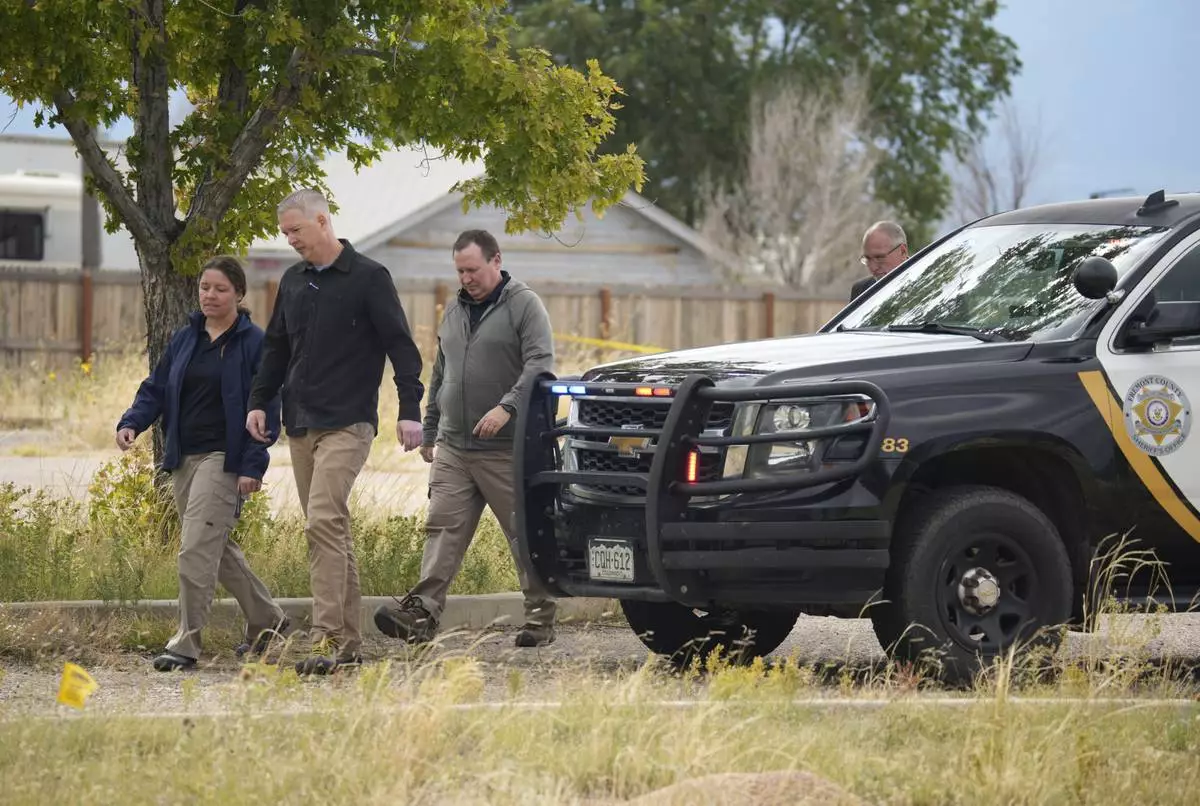
FILE - Authorities walk outside a closed funeral home where multiple bodies have been stored, Friday, Oct. 6, 2023, in Penrose, Colo. Colorado lawmakers passed a sweeping bill Monday, May 6, 2024, to overhaul the state’s lax oversight which failed to catch a series of horrific incidents involving funeral homes. The cases have devastated hundreds of already grieving families, and encouraged lawmakers to pass the bill, which now goes to Colorado Gov. Jared Polis’ desk for a signature. (AP Photo/David Zalubowski)
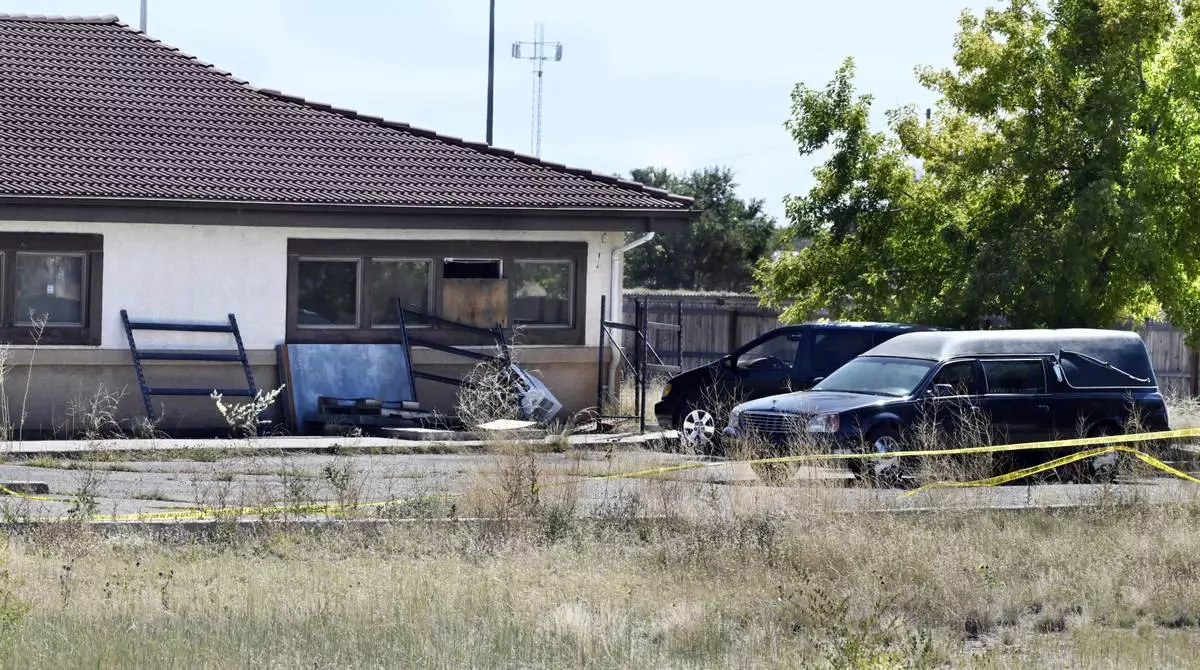
FILE - A hearse and debris can be seen at the rear of the Return to Nature Funeral Home, Oct. 5, 2023, in Penrose, Colo. Colorado lawmakers passed a sweeping bill Monday, May 6, 2024, to overhaul the state’s lax oversight which failed to catch a series of horrific incidents involving funeral homes. The cases have devastated hundreds of already grieving families, and encouraged lawmakers to pass the bill, which now goes to Colorado Gov. Jared Polis’ desk for a signature. (Jerilee Bennett/The Gazette via AP, File)



